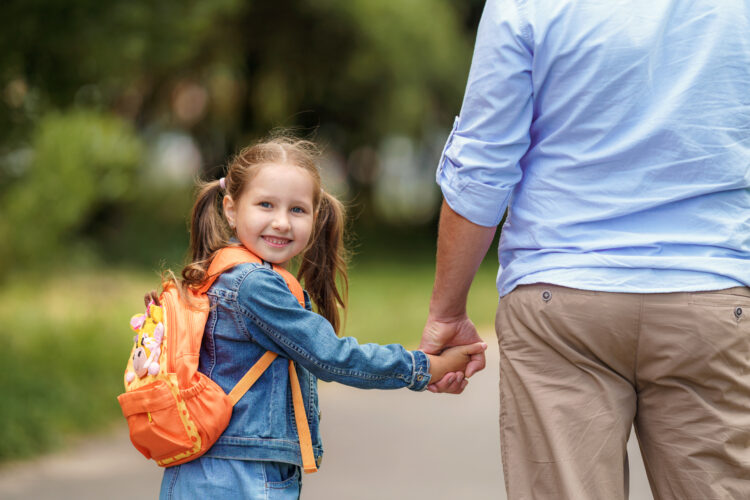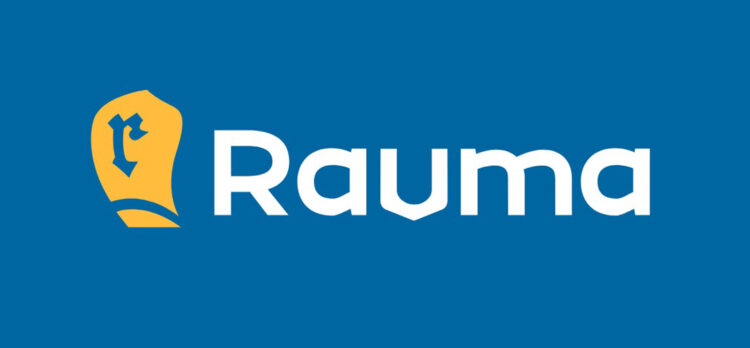Basic Education
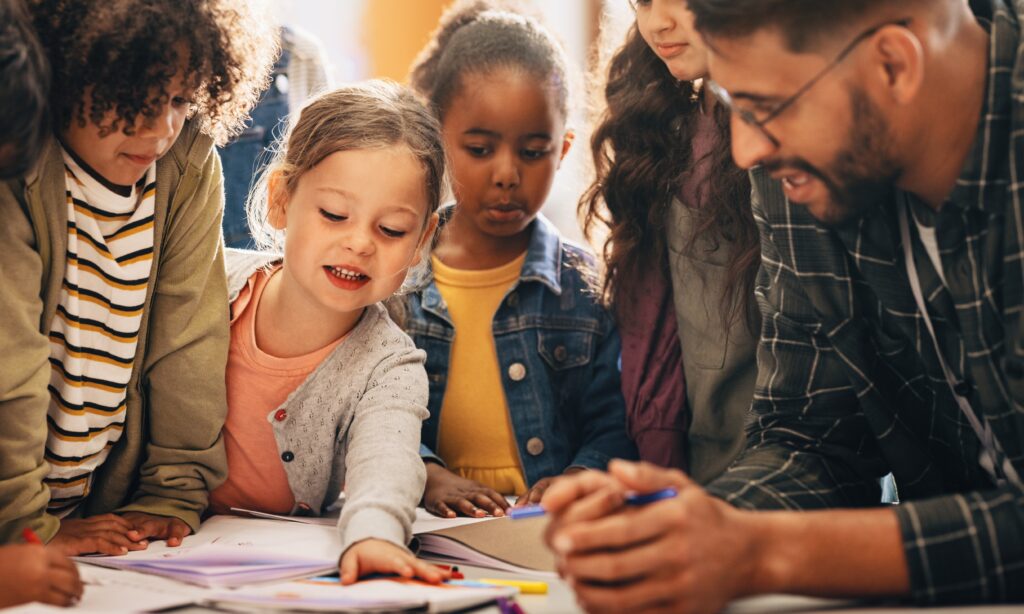
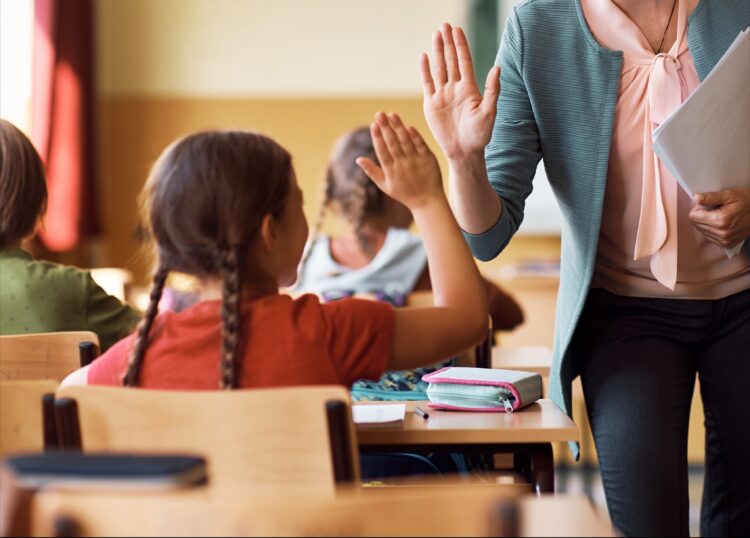
Basic Education
Basic education covers grades 1-9 and is for the whole age group, so from ages 7 to 16. During the first six years, teaching is usually provided by a class teacher who teaches all or most subjects. In the final three grades, teaching is mainly subject-based, with subject teachers teaching the different subjects.
Basic education, textbooks, other teaching materials and tools are free of charge. Pupils receive school lunches and school transport if the criteria for transport are met. Pupils are also entitled to student welfare.
In Rauma, education for grades 1-6 is provided in 12 schools, of which Rauma Freinet School is private and run by an association. Grades 7-9 are taught in three schools and grades 1-9 in two schools, one of which is the Rauma Teacher Training School (Rauman normaalikoulu) that is oprated by the University of Turku.
Starting School
A letter regarding school enrolment will be sent to guardians of children who are in the school registration queue at the end of January. Registration is done electronically through Wilma.
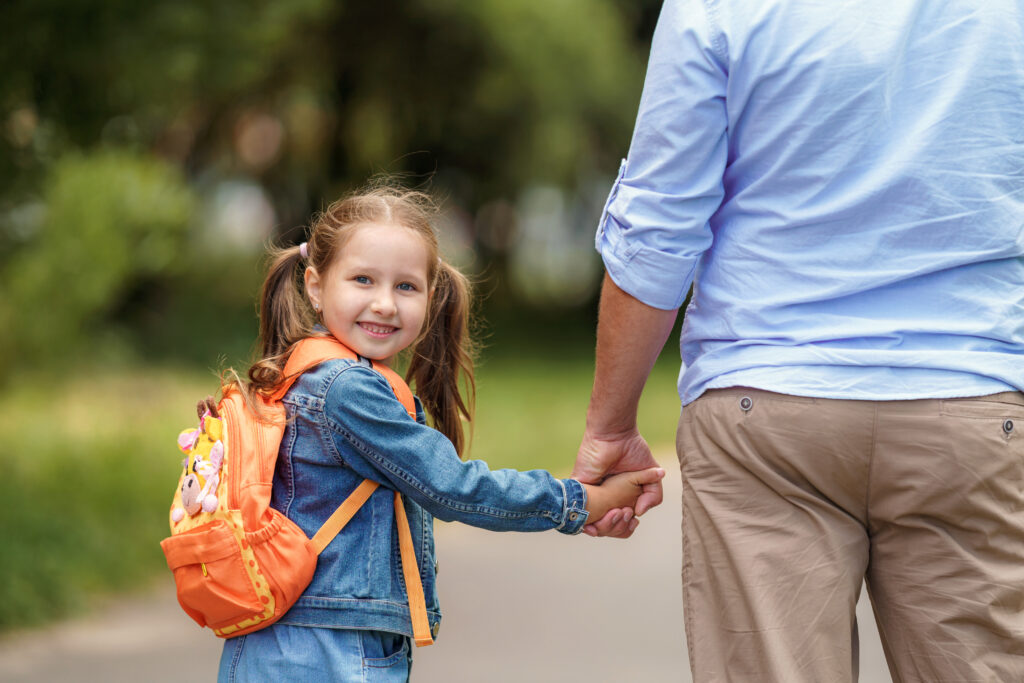
Looking for these?
Basic Education Schools
The City of Rauma has 11 primary schools, 2 secondary schools and 1 comprehensive school.
Teaching Students With an Immigrant Background
An immigrant pupil of compulsory school age who is a permanent resident of Finland has the same right to receive basic education as a Finnish pupil.
School Transport
In primary education, transport to and from school is provided primarily by public transport, although hired transport may also be used.
School Meals
Meals are organized at schools in a staggered and centralized manner through the food and cleaning services of the city of Rauma. School meals are free for pre-primary and basic education students.
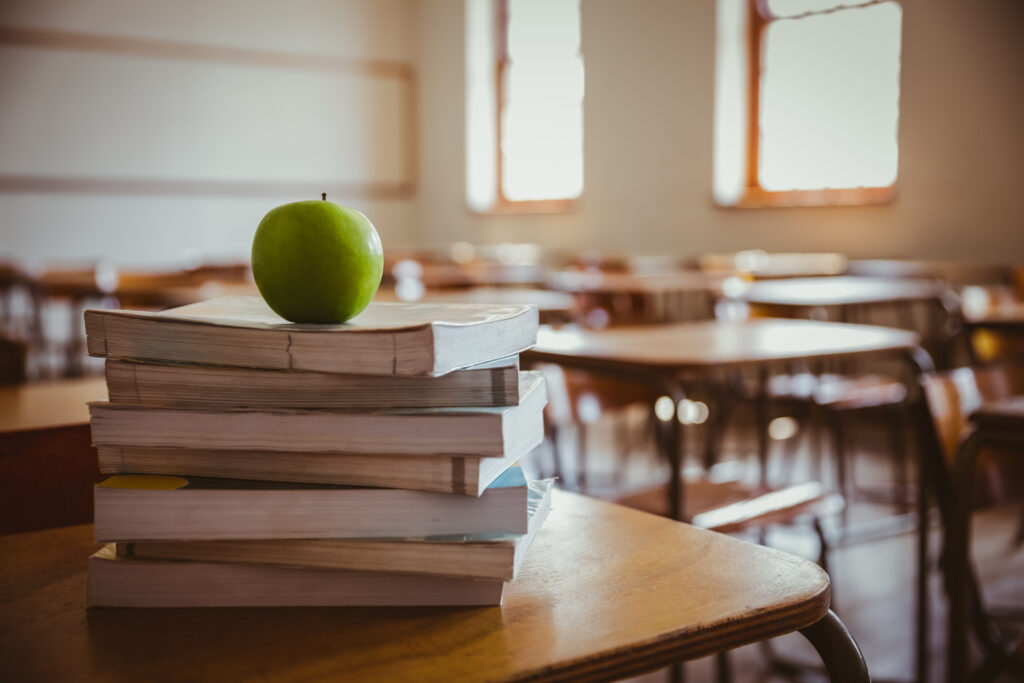
Wilma as a communication tool
Wilma is a service used by the City of Rauma to help maintain close cooperation between school and home. It allows parents to communicate with their child’s teacher and monitor their child’s progress at school.
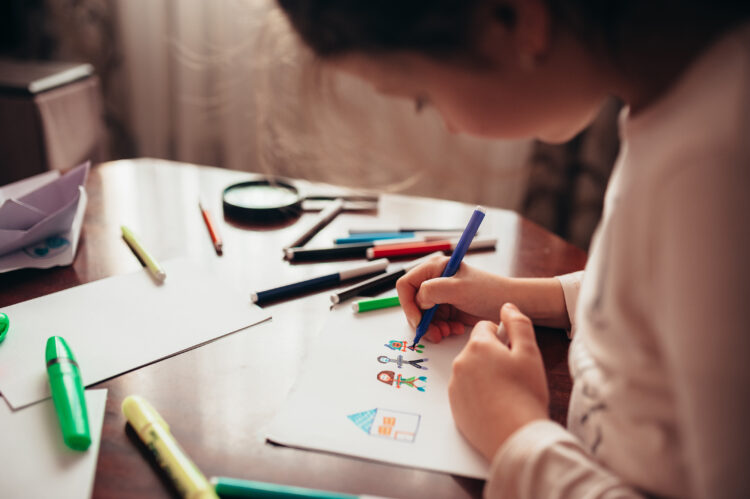
Support for Learning and School Attendance
Learning support refers to the help that a student receives in their learning and schooling. The support can be group-specific or individual, and its aim is to ensure that each student has the prerequisites to succeed in their studies.
The implementation of learning support is based on close and planned cooperation between school personnel. The school has several student support professionals who support students and their families in matters related to schooling and learning.
Forms
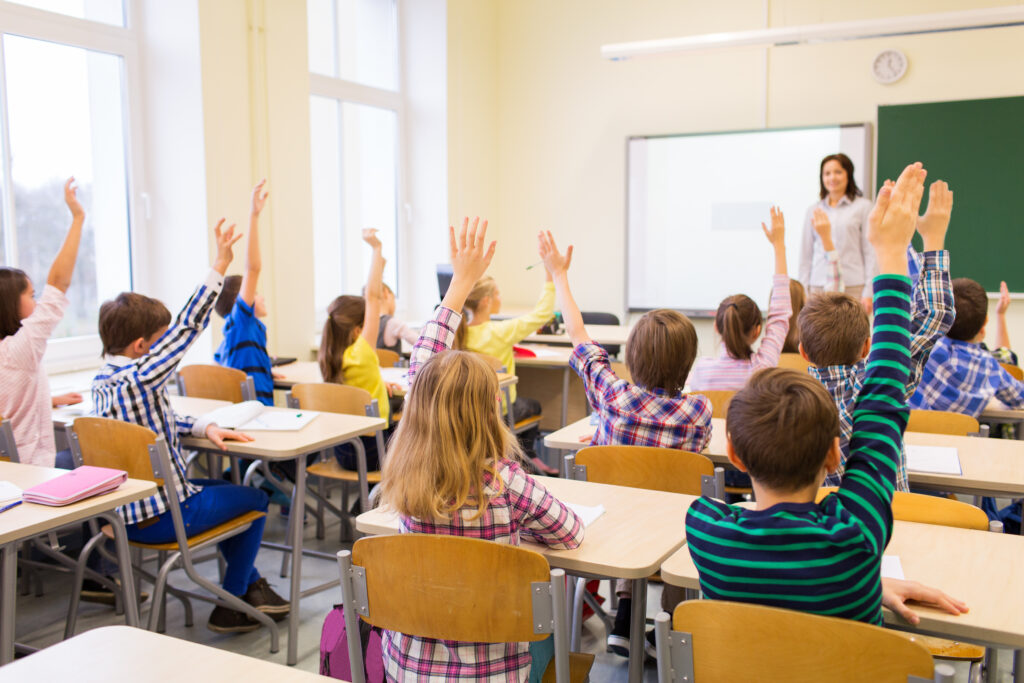
School Network Reform
Through the new school network reform, pupils from four schools will be transferred to other schools between 2026 and 2030.

